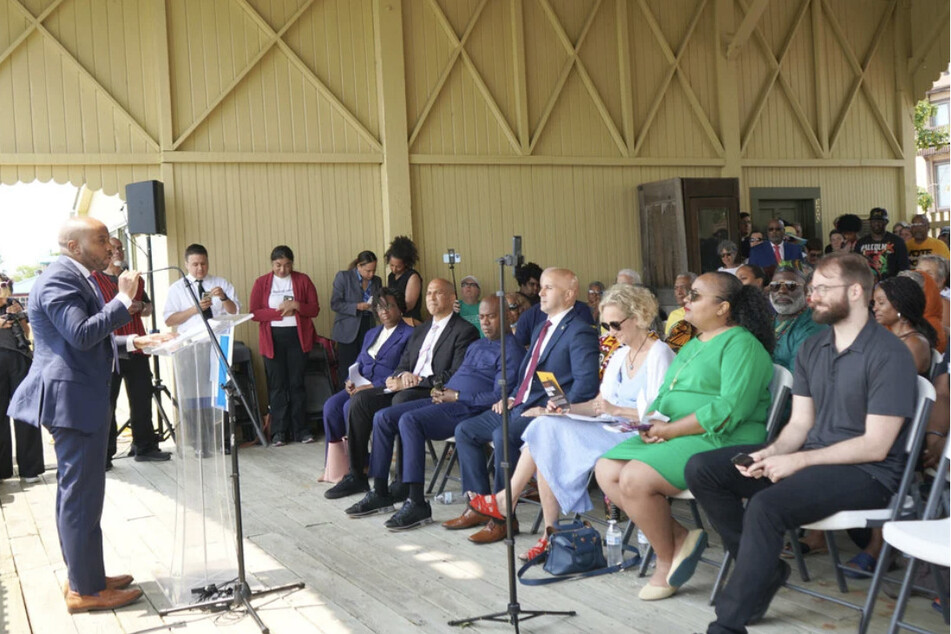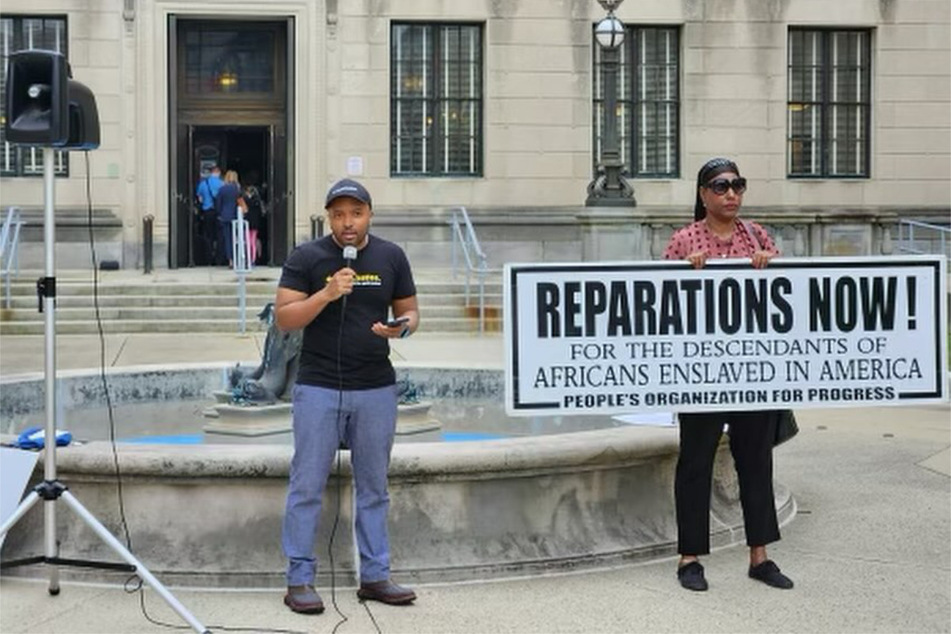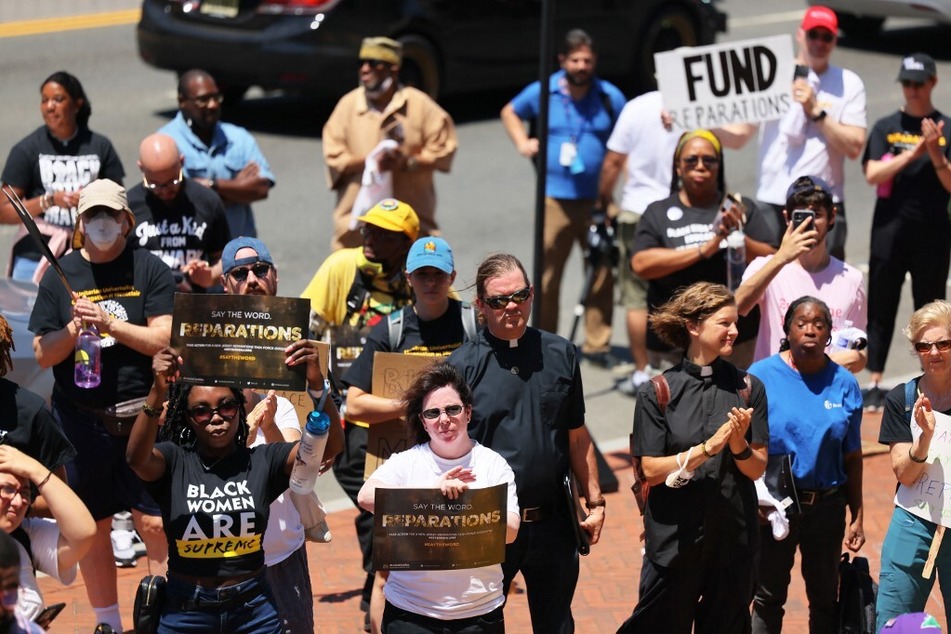New Jersey Reparations Council: First-anniversary reflections and outlook
Newark, New Jersey - This Juneteenth, the New Jersey Reparations Council has reached the halfway point in a historic effort to track the Garden State's legacy of enslavement and anti-Black discrimination. TAG24 spoke with the council's convener to learn what to expect in year two.

Juneteenth 2024 marks the first anniversary of the New Jersey Reparations Council (NJRC), launched exactly a year ago by the New Jersey Institute for Social Justice (NJISJ).
The council is comprised of more than 55 experts organized into nine committees. The groups are tasked with examining the state's history of enslavement and racial discrimination and developing a slate of policies to achieve a more just future.
The NJRC got off to a running start, holding five virtual public sessions in its first of two years:
- History of Slavery in New Jersey
- Segregation in New Jersey
- Faith and Black Resistance
- Health Equity
- Public Safety and Justice
For Jean-Pierre Brutus, senior counsel in NJISJ's Economic Justice Program and convener of the NJRC, the engagement of the council experts and members of the public has stood out during the first year of work.
"There has really been a hunger and an interest for this, and now there is an opportunity to meet that," he told TAG24. "Sometimes it's been unarticulated, sometimes it's been expressed, but folks have been wanting this – and now we were able to meet that desire."
"Getting a better sense of how much of an impact slavery had on New Jersey has been really illuminating in many ways," Brutus added on a personal note. "It's been reinforced in ways I did not always anticipate about the level of how in depth and how layered it is."
What's coming up for the New Jersey Reparations Council

With one year under its belt, the NJRC has no intention of slowing down.
This Juneteenth, racial justice advocates are celebrating the council's one-year milestone with two panels and an update on progress to date at the New Jersey Performing Arts Center in Newark. The event will be live-streamed on NJISJ's Facebook and YouTube.
The council's second year will feature four more virtual public sessions:
- Democracy
- Environmental Justice
Public Narrative and Memory
- Economic Justice
The council is scheduled to issue its final report and policy recommendations on Juneteenth 2025.
At the end of the process, Brutus hopes the NJRC's work will "tell a story about the relationship between the past and the present [...] in such a way that people begin to understand how significant the impact of slavery was on present-day harms and that we didn't get here by accident or randomly."
"From that understanding, people can then begin to think about, from the council's report and the recommendations, that through policy design, we can create a new kind of New Jersey where Black people are finally free," he continued.
"We want to lay out a horizon that is bold, that is high-ranging, that is visionary, and that inspires people to act, inspires people to think differently and to move differently."
How to participate in the New Jersey Reparations Council

Achieving a bold vision for justice will require political will and continued research and engagement.
"In some ways, what we will produce in June 2025 will be an end, but in some ways, it's just the beginning," Brutus said.
"Even though we are doing extensive work here at the council, there is much work that needs to be done, and there are a lot of resources that need to be invested to make sure these stories see the light of day."
In particular, NJISJ and faith allies are calling on the New Jersey state government to pass S3164/A602, legislation to establish a reparations task force similar to commissions enacted in California, New York, and numerous municipalities.
"The government of New Jersey was part of creating the harms of enslavement," Brutus stressed. "It produced the slave codes and the practices and policies that led to these racial inequalities, so it is their obligation also to study this issue and to do the work of producing [a comprehensive plan] as well."
NJRC's report and recommendations may lay a solid foundation on which a future New Jersey state reparations commission may build.
To ensure as comprehensive a final report as possible, Brutus emphasized the importance of continued public education and participation in the council's work.
The next NJRC virtual public session on Democracy is scheduled for September 9 at 6:30 PM ET.
Garden State residents are invited to make their voices heard by submitting public comments at any time on the council's website or live during the sessions (with pre-registration required).
Cover photo: TAG24/Rey Harris

